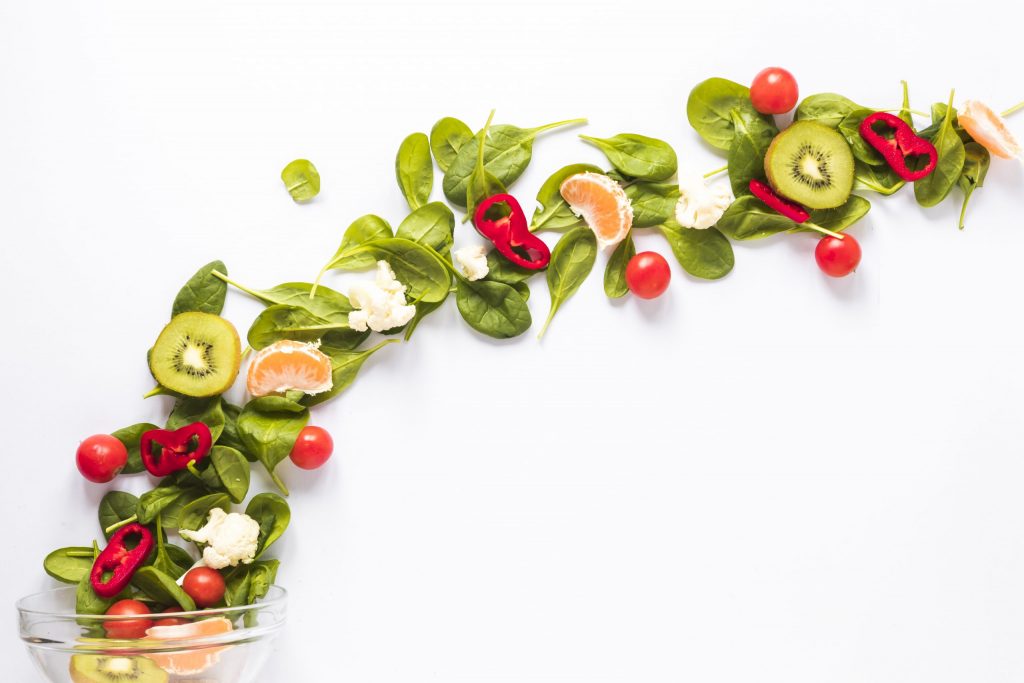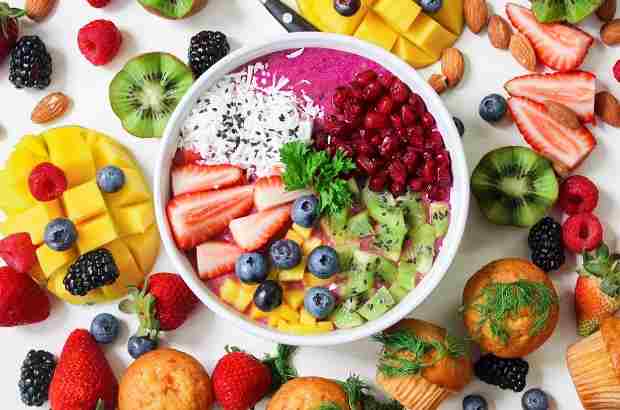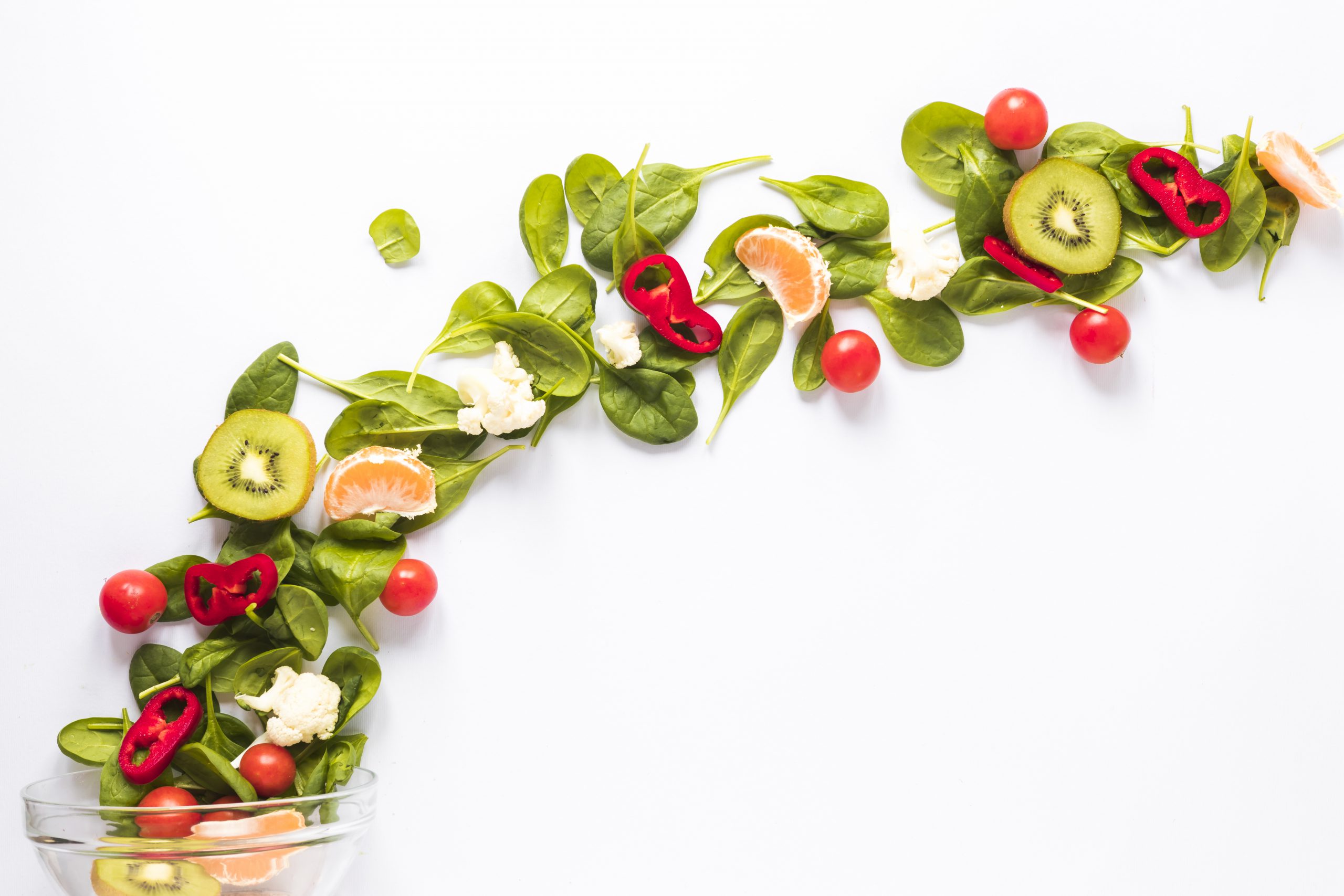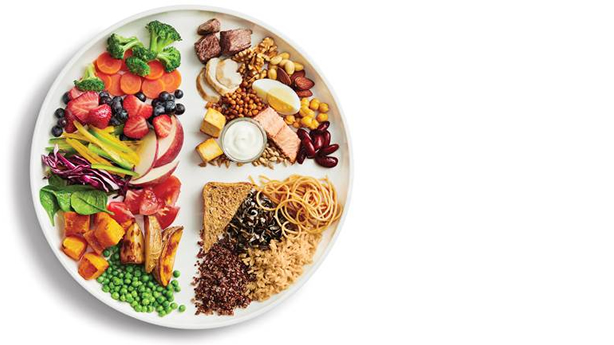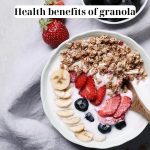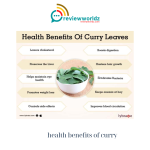Food is created up of nutrients. Micronutrients such as vitamins and minerals are required solely in diminished quantities. Micronutrients such as carbohydrates, protein, and fat are needed in larger quantities. The body cannot work properly if one or more foods are lacking. A sound and balanced diet provide nutrients in the correct quantities and combinations that are safe and free from disease and harmful substances. The post below shares how the Importance of Food in Our Daily Lives you should not miss.
Contents
Importance of Food in Our Daily Lives
What is Food?
Food is the third most important thing for living beings to provide energy and development, maintain life, or stimulate growth after air and water. In fact, it is one of the most complicated sets of chemicals.
Food plays an important role in the promotion of health and disease prevention.
In general, it consists of essential nutrients, such as carbohydrates, proteins, fats, minerals and vitamins which are consumed to provide nutritional support for an organism and ingested by an organism and assimilated by the organism’s cells to sustain health. These nutritious foods are in the form of grains, pulses, fruits, vegetables, oils, etc.
The Importance of Food in Our Daily Lives
Why Do Our Bodies Need Food?
Everyone needs food to survive. That part is clear, but you can’t survive on ice cream sandwiches, candy corn, and Licorice Allsorts. The purpose of food is to:
- Repair, replace, and develop cells and tissues;
- Produce energy;
- Activate chemical processes; and
- Protect our bodies from infection.
The vital nutrients that contribute to overall good nutrition
Proteins: Proteins are the building blocks of what we are made of – amino acids. There are 22 different kinds of amino acids that our body requires to operate optimally. It helps to build and repair new tissues and damages cells of the body. Proteins also help in creating different types of hormones and enzymes in our body which play crucial roles like that of sexual growth and metabolism. Some great food sources are low-fat dairy and dairy products, lentils, nuts and seeds, whole-grain foods, soy and tofu, green peas, and legumes.
Carbohydrates: They are the source of energy for the human body. The carbohydrates in foods that we eat are converted into glucose to be used as an energy source in our body. This energy is used by the body for its various functions as a cellular constitution. The combination of Carbon, Oxygen and Hydrogen collectively makes u for carbohydrates. Fruits and vegetables of all types, bread, pasta and rice are great sources of carbs.
Fats: Fats to provides the body energy. We all have a misconception about fats being unhealthy and bad. But it is not at all true. All fats are not bad. Fats insulates the body by providing us the much-needed protection against external factors like changes in the environment and also provides support and protection to all our organs in the body. Examples of healthy fats are avocado, dairy, fatty fishes, olive and coconut oil and alike.
Vitamins: Vitamins are compounds that are organic in nature. These compounds play a crucial role in the functionality of the body. In the present world, a chemical compound is known by name of the vitamin. These are required by our body to develop and grow in a normal manner.
Tips to Eat Healthier
Here are a few tips to eat healthier, without having to make it complicated:
Eat Your Staple Foods: With every meal, you should be including a staple food that will provide you with energy and protein for the day. Staple foods include starchy foods such as rice, wheat, potatoes, yams, or plantains. Staple foods will keep you full and give you energy, but they will not provide you with the important vitamins your body needs to function.
Eat More Legumes: Legumes will provide you with protein and are also a source of vitamins, fibre, and minerals. They include beans, peas, lentils, groundnuts, and soybeans and are cheaper than animal meats!
Drink More Water: Drink more water. This may seem like an easy task, but you should be drinking around eight cups of fluid every day. You should also be drinking more water if you are active, in the sun, or sick (anytime your body is using up more fluids). A reusable water bottle can help you keep better track of the number of fluids you’re drinking daily while encouraging you to drink more.

